When it comes to choosing a mattress topper, one of the most important factors to consider is the density. Mattress topper density refers to the weight of the material per cubic foot, and it can greatly impact the overall feel and comfort of your bed. But what is the best density for a mattress topper? Let's take a closer look.What is the Best Density for a Mattress Topper?
Before we dive into the different density levels, it's important to understand the density scale for mattress toppers. Typically, the higher the density, the firmer the topper will be. The density scale ranges from 2 to 6 pounds per cubic foot, with 2 being the softest and 6 being the firmest. Keep in mind that the ideal density for you will depend on your personal preferences and needs.Understanding Mattress Topper Density Scale
Choosing the right density for your mattress topper can be a bit tricky, but there are a few key factors to consider. If you're looking for a softer and more cushioned feel, a lower density (2-3 pounds per cubic foot) may be the way to go. On the other hand, if you prefer a firmer and more supportive topper, a higher density (4-6 pounds per cubic foot) may be a better choice.How to Choose the Right Density for Your Mattress Topper
Now let's take a closer look at the different density levels of mattress toppers and their characteristics:Exploring the Different Density Levels of Mattress Toppers
Memory foam mattress toppers are known for their ability to contour to the body and provide pressure relief. When it comes to density, memory foam toppers typically range from 2-5 pounds per cubic foot. Lower densities (2-3 pounds per cubic foot) provide a softer and more plush feel, while higher densities (4-5 pounds per cubic foot) offer more support and firmness.Comparing the Density Scale of Memory Foam Mattress Toppers
Density plays a crucial role in the overall comfort and support of a mattress topper. The right density can provide the perfect balance of softness and support, while the wrong density can result in an uncomfortable and unsupportive sleep surface. It's important to carefully consider your needs and preferences when choosing the density of your mattress topper.The Importance of Density in Mattress Toppers
If you're curious about the density of your current mattress topper, there is a simple way to measure it. First, measure the length, width, and height of your topper in inches. Then, multiply these numbers together to get the total cubic inches. Finally, divide the weight of your topper (in pounds) by the total cubic inches to get the density per cubic foot.How to Measure the Density of a Mattress Topper
As mentioned earlier, the density of a mattress topper greatly affects its comfort level. A higher density topper will provide more support and a firmer feel, while a lower density topper will be softer and more cushiony. It's important to find the right balance of density and comfort to ensure a good night's sleep.The Relationship Between Density and Comfort in Mattress Toppers
Latex mattress toppers are known for their durability and bounce. When it comes to density, latex toppers typically range from 4-5 pounds per cubic foot. This density provides a good amount of support and can help alleviate pressure points. However, it may not be as contouring as memory foam.Understanding the Density Scale of Latex Mattress Toppers
When it comes to finding the perfect density for your mattress topper, there are a few tips and tricks to keep in mind:Finding the Perfect Density for Your Mattress Topper: Tips and Tricks
The Importance of Choosing the Right Mattress Topper Density for a Good Night's Sleep
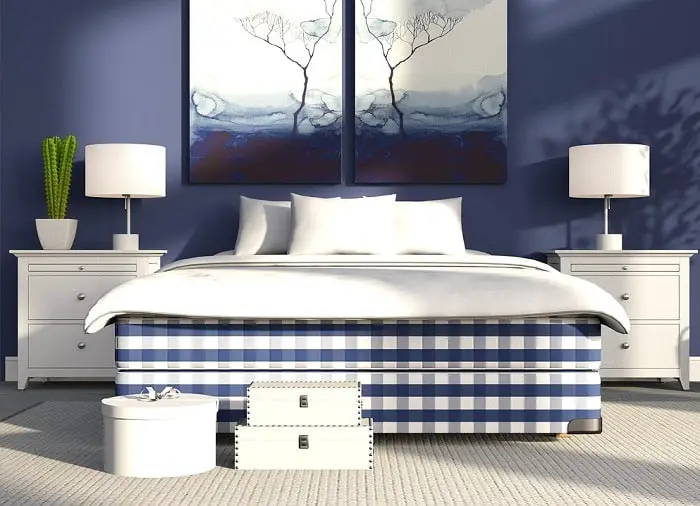
What is Mattress Topper Density?
 Mattress topper density refers to the amount of material used in a mattress topper and how tightly packed it is. It is usually measured in pounds per cubic foot (lbs/ft3) and ranges from 2lbs/ft3 to 8lbs/ft3. The higher the density, the firmer and more supportive the topper will be.
Mattress topper density refers to the amount of material used in a mattress topper and how tightly packed it is. It is usually measured in pounds per cubic foot (lbs/ft3) and ranges from 2lbs/ft3 to 8lbs/ft3. The higher the density, the firmer and more supportive the topper will be.
The Benefits of a High-Density Mattress Topper
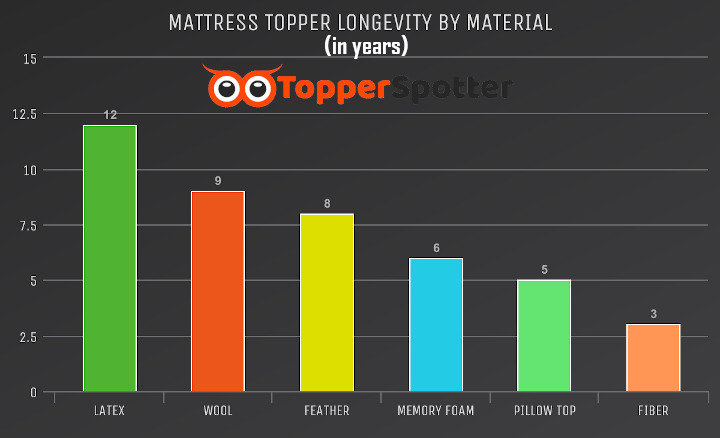 A high-density mattress topper offers several benefits that can greatly improve the quality of your sleep.
Firstly
, it provides better support for your body, alleviating pressure points and promoting proper spinal alignment. This is especially beneficial for those who suffer from back or joint pain.
Secondly
, a high-density topper can increase the lifespan of your mattress by providing an extra layer of cushioning and protection.
Lastly
, it can enhance the overall comfort of your mattress and make it feel like new again.
A high-density mattress topper offers several benefits that can greatly improve the quality of your sleep.
Firstly
, it provides better support for your body, alleviating pressure points and promoting proper spinal alignment. This is especially beneficial for those who suffer from back or joint pain.
Secondly
, a high-density topper can increase the lifespan of your mattress by providing an extra layer of cushioning and protection.
Lastly
, it can enhance the overall comfort of your mattress and make it feel like new again.
The Drawbacks of a Low-Density Mattress Topper
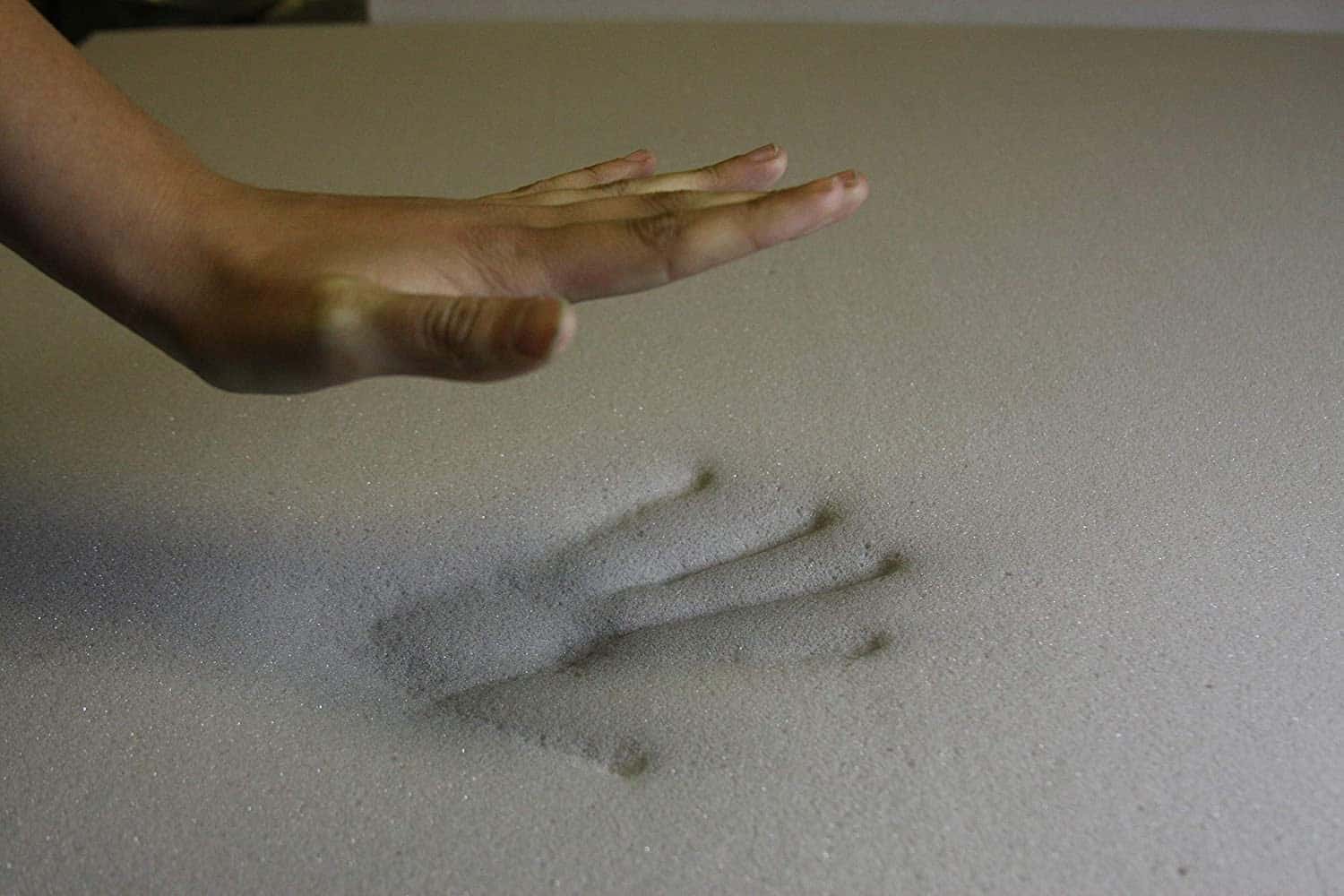 While a low-density mattress topper may be a more affordable option, it may not provide the same level of support and comfort as a higher density one.
Firstly
, it may not offer enough support for those with back or joint pain, leading to discomfort and interrupted sleep.
Secondly
, a low-density topper may flatten and lose its shape over time, resulting in a less comfortable sleeping surface.
Lastly
, it may not be as durable as a high-density topper, meaning you may need to replace it more frequently.
While a low-density mattress topper may be a more affordable option, it may not provide the same level of support and comfort as a higher density one.
Firstly
, it may not offer enough support for those with back or joint pain, leading to discomfort and interrupted sleep.
Secondly
, a low-density topper may flatten and lose its shape over time, resulting in a less comfortable sleeping surface.
Lastly
, it may not be as durable as a high-density topper, meaning you may need to replace it more frequently.
Choosing the Right Density for Your Needs
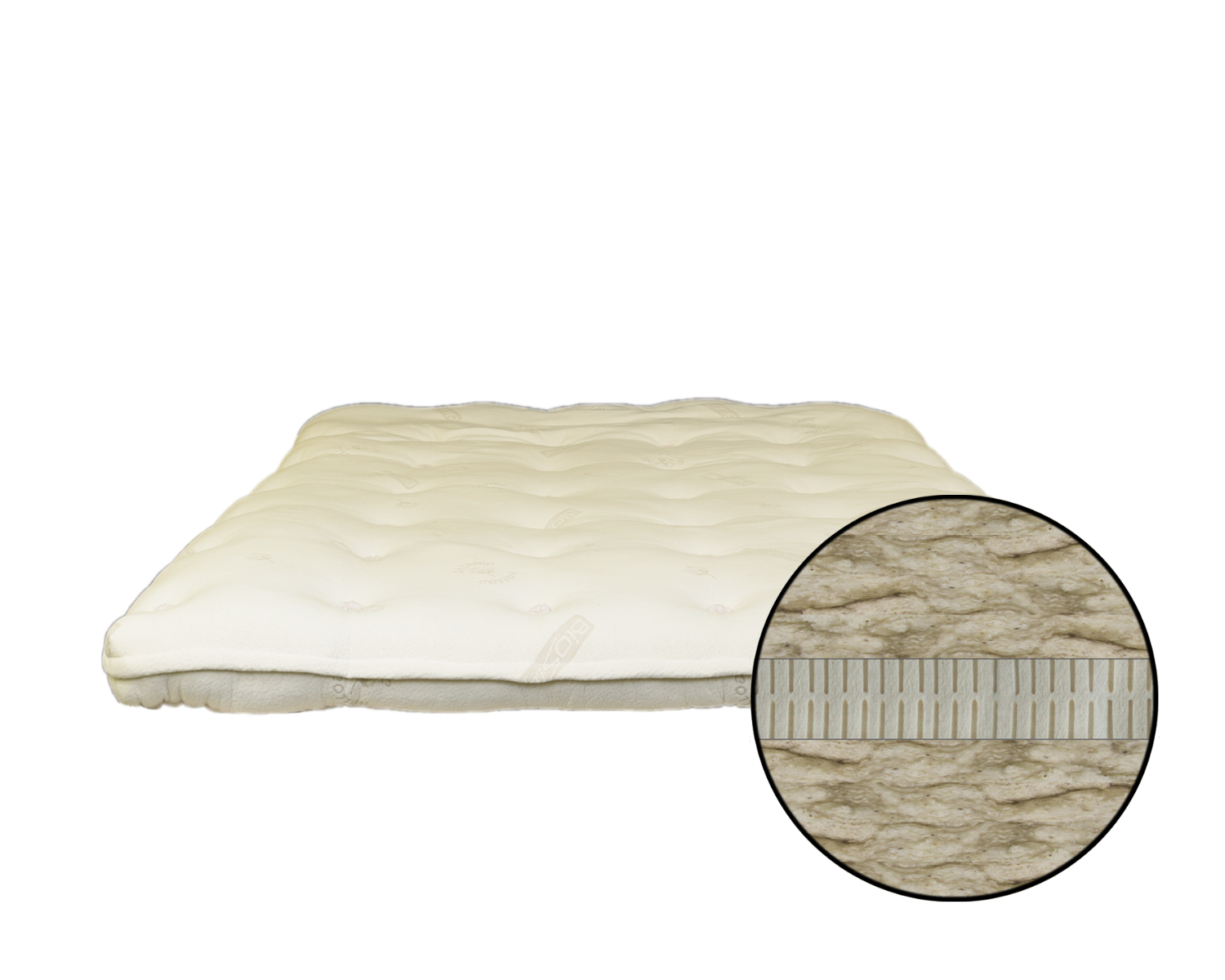 When it comes to mattress topper density, there is no one-size-fits-all solution.
It ultimately depends on your individual needs and preferences.
If you prefer a firmer sleeping surface or suffer from body aches and pains,
a higher density topper may be the best option for you.
On the other hand, if you prefer a softer and more plush feel, a lower density topper may be more suitable.
It's important to consider your body type, sleeping position, and any specific issues you may have when choosing the right density for your mattress topper.
When it comes to mattress topper density, there is no one-size-fits-all solution.
It ultimately depends on your individual needs and preferences.
If you prefer a firmer sleeping surface or suffer from body aches and pains,
a higher density topper may be the best option for you.
On the other hand, if you prefer a softer and more plush feel, a lower density topper may be more suitable.
It's important to consider your body type, sleeping position, and any specific issues you may have when choosing the right density for your mattress topper.
In Conclusion
 A good night's sleep is crucial for our overall health and well-being, and choosing the right mattress topper density plays a significant role in achieving this.
Remember to consider your individual needs and preferences when selecting the density of your mattress topper.
Investing in a high-density topper may cost more initially, but the benefits it provides in terms of comfort, support, and durability make it well worth it in the long run.
A good night's sleep is crucial for our overall health and well-being, and choosing the right mattress topper density plays a significant role in achieving this.
Remember to consider your individual needs and preferences when selecting the density of your mattress topper.
Investing in a high-density topper may cost more initially, but the benefits it provides in terms of comfort, support, and durability make it well worth it in the long run.




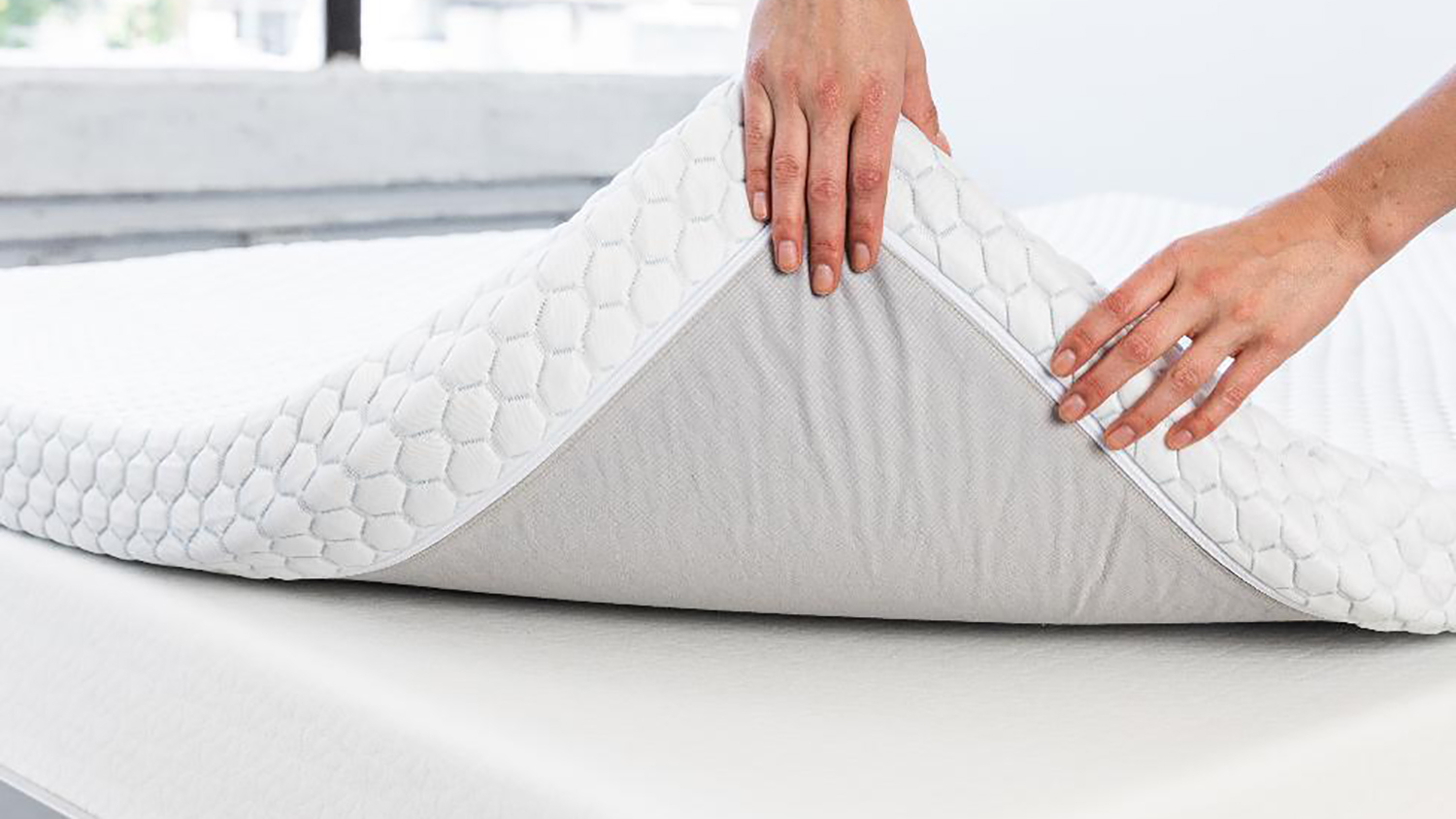

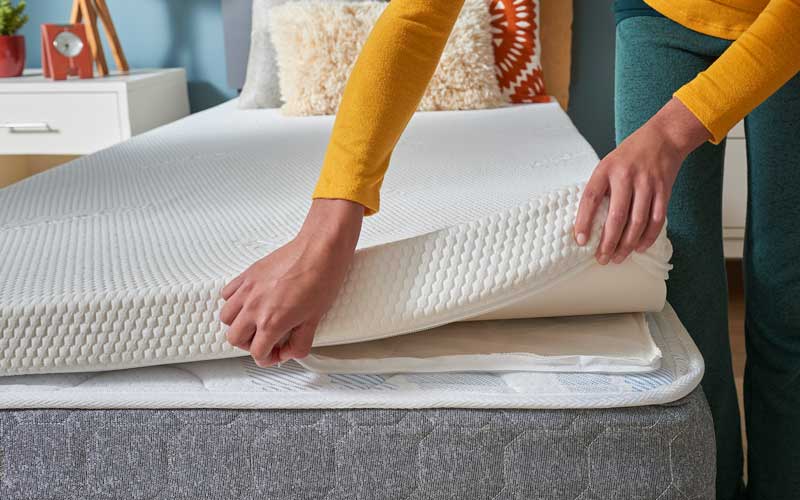
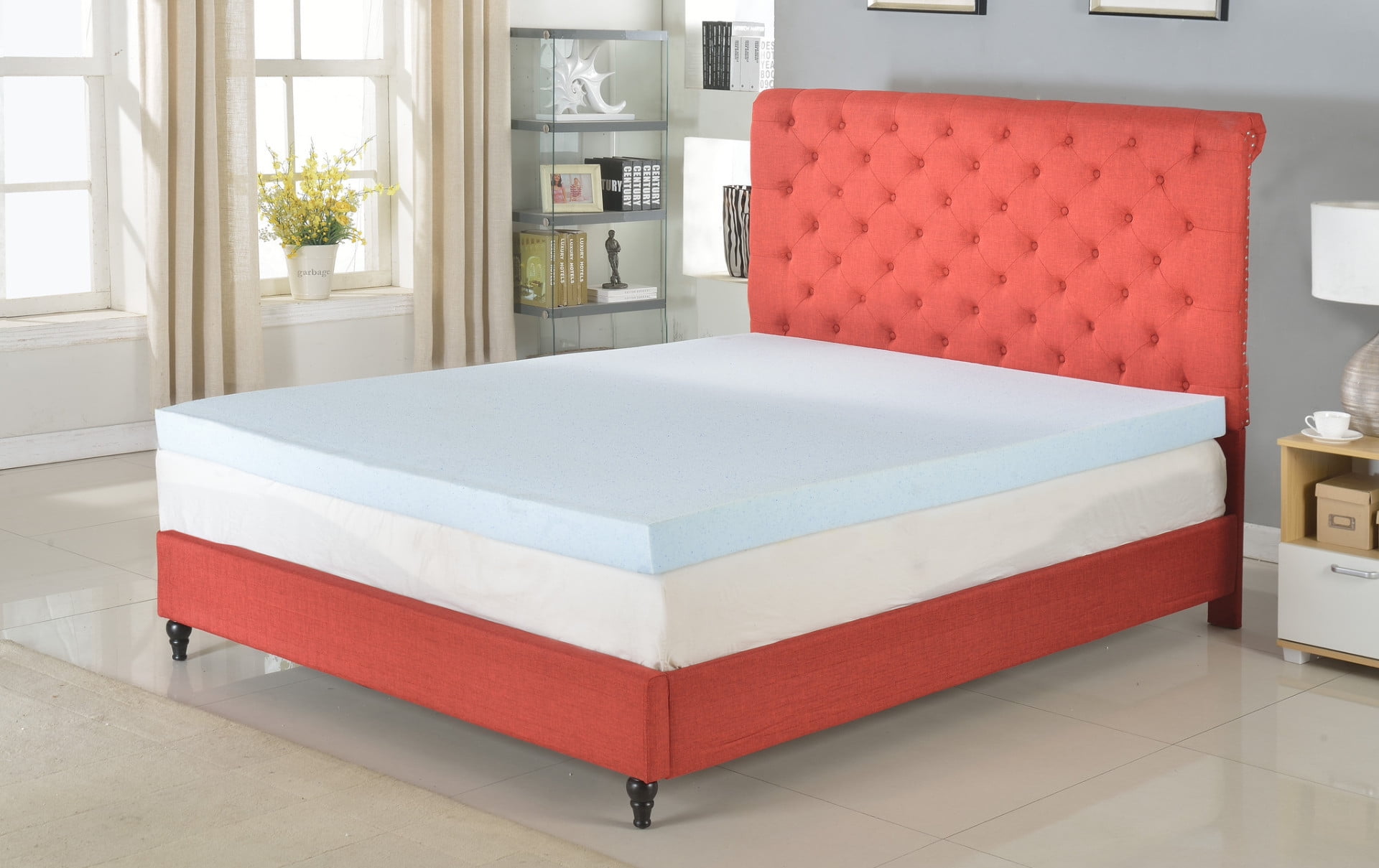
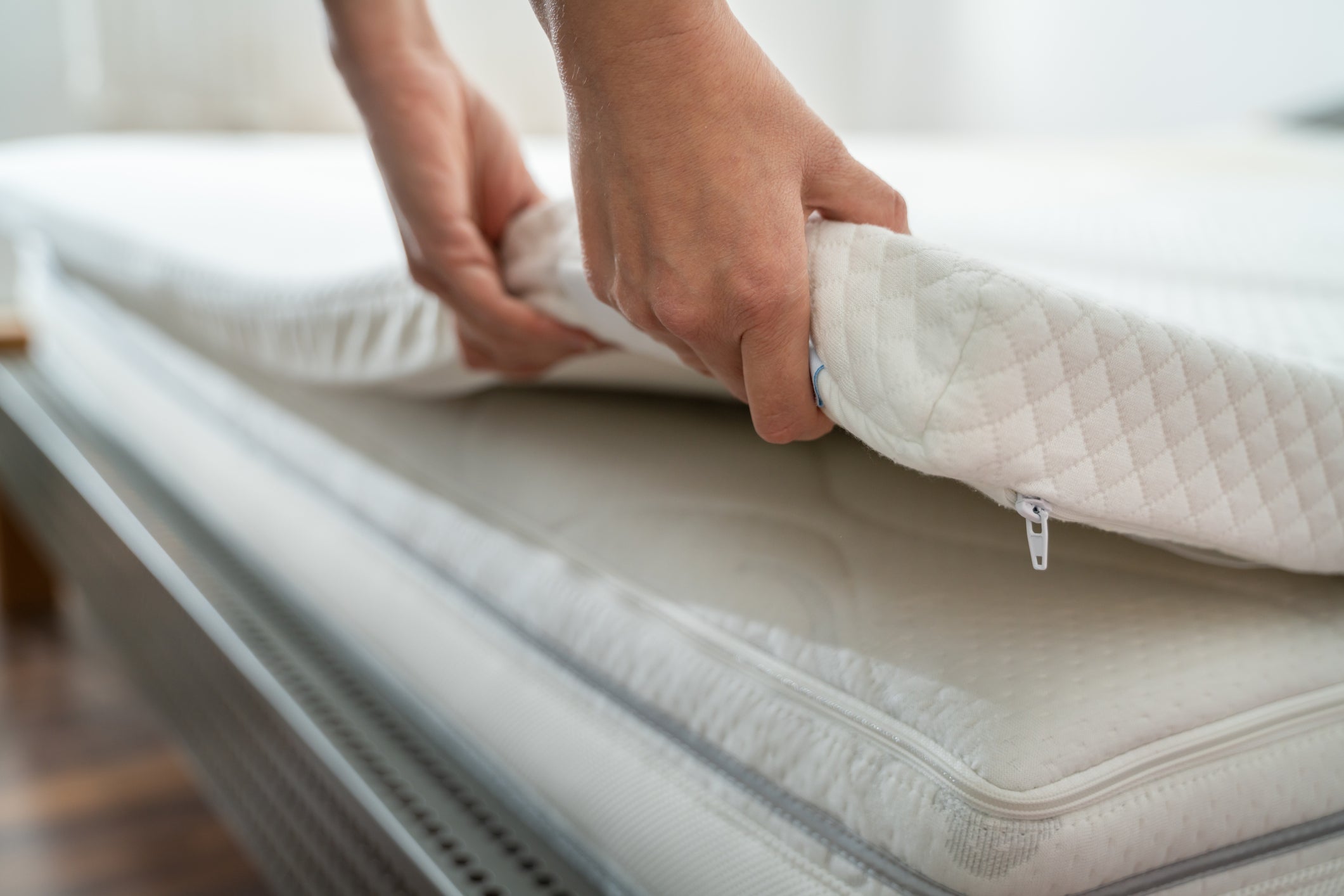

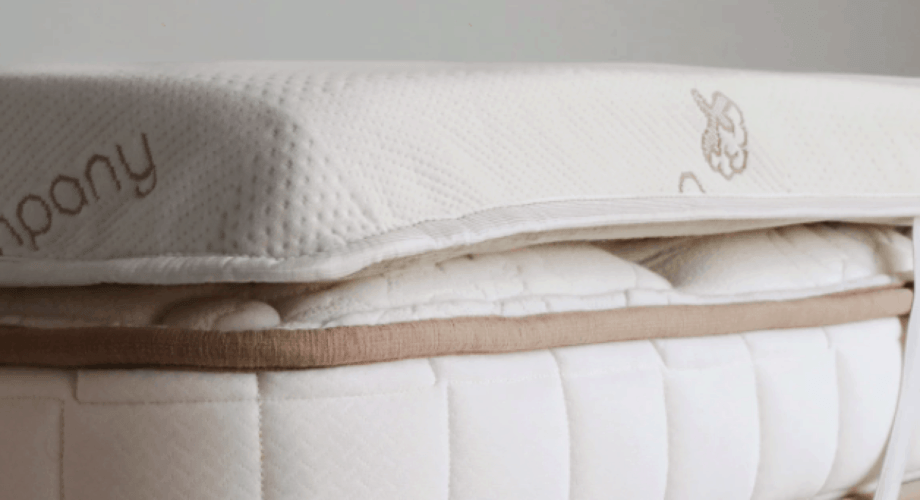
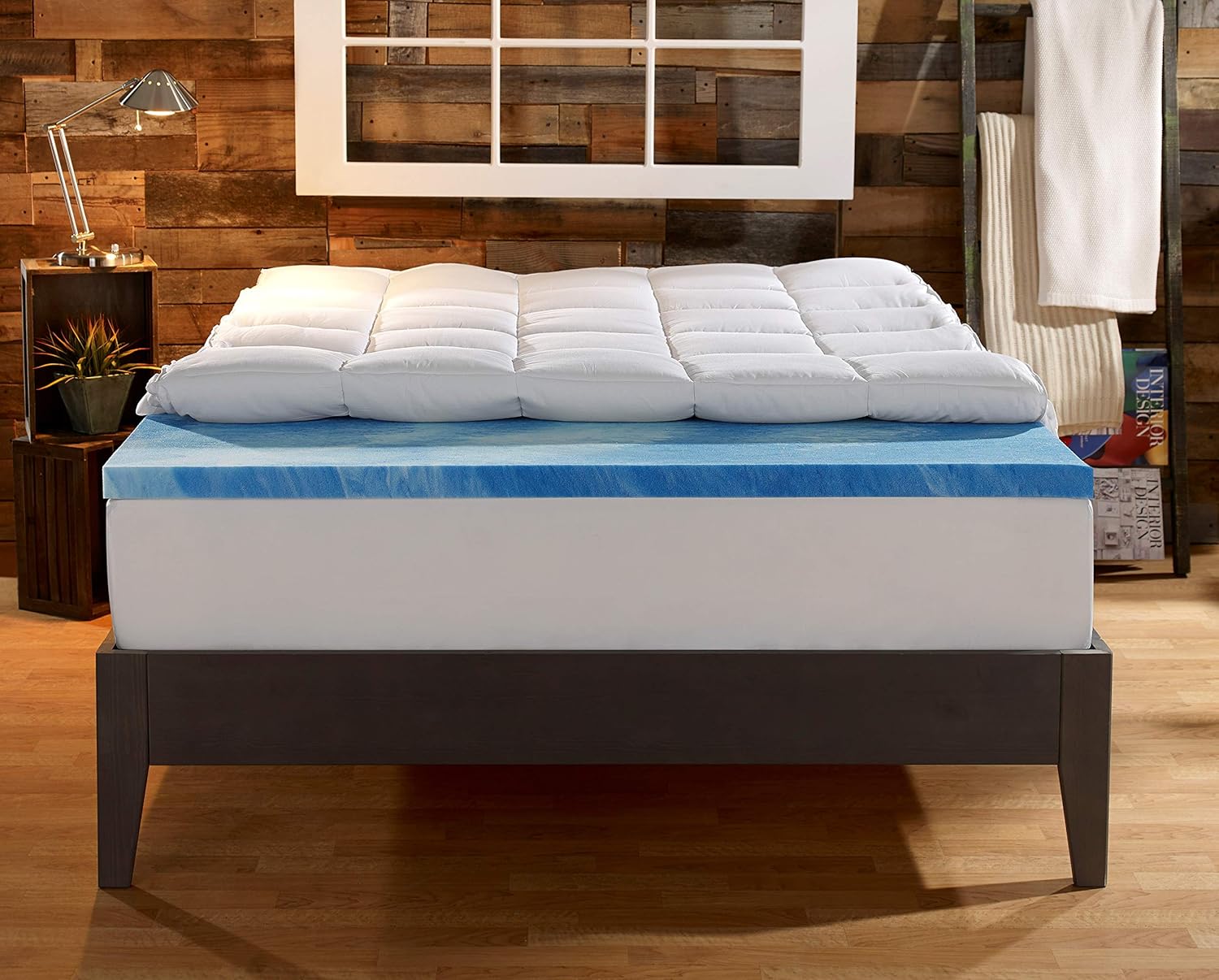





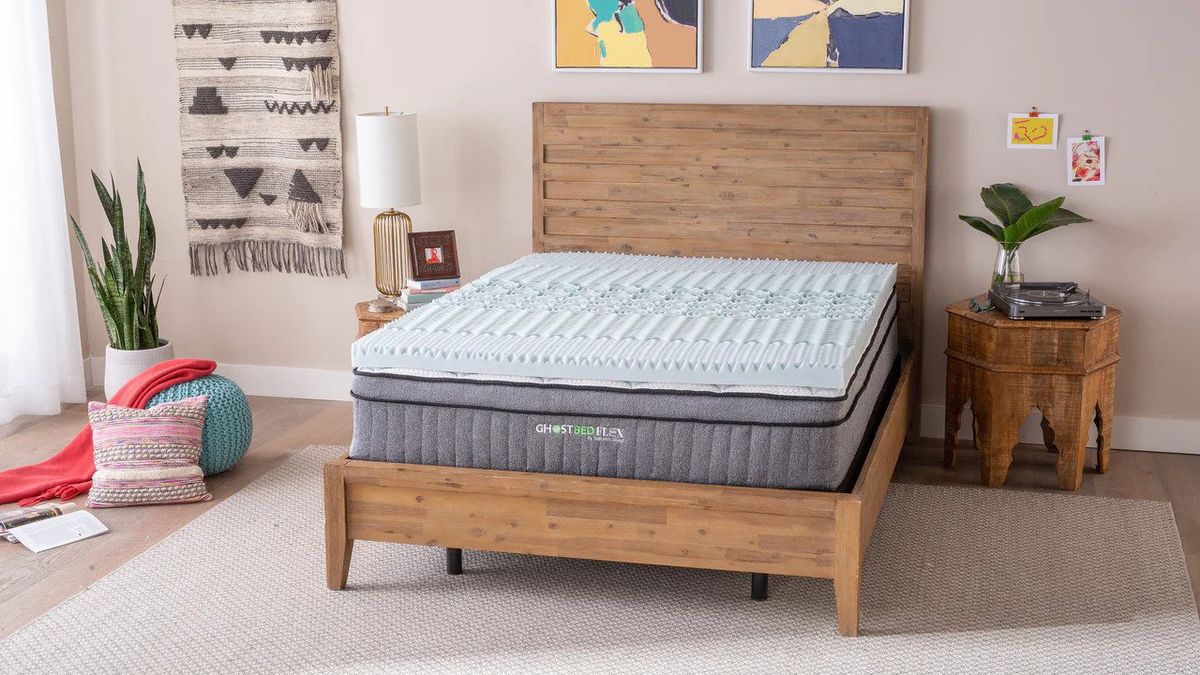


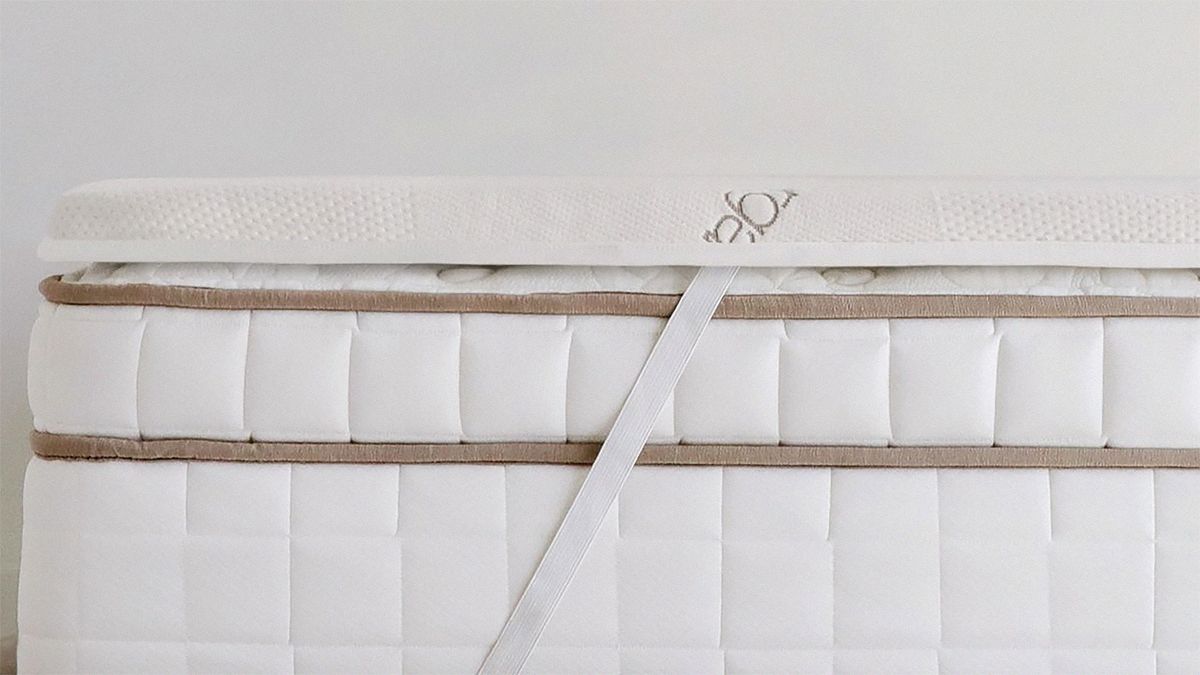

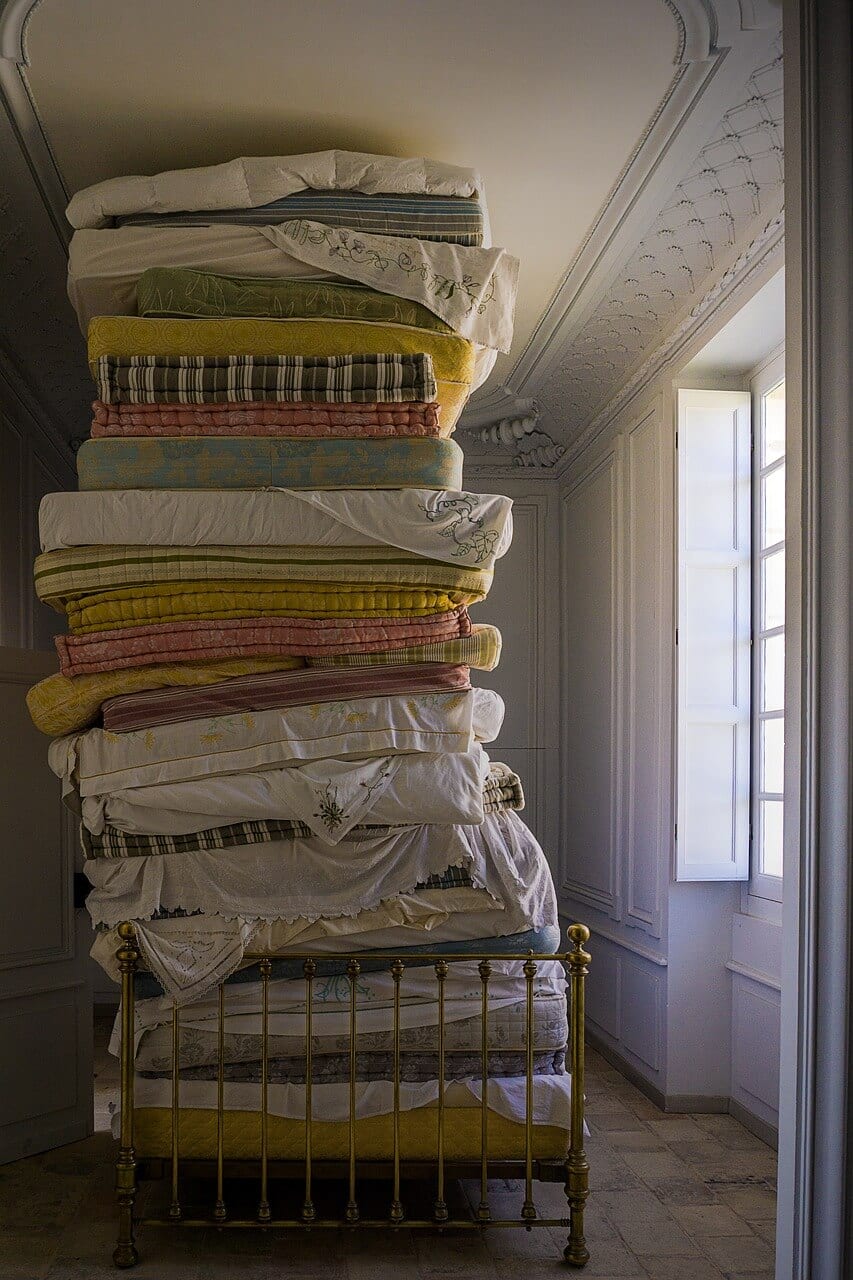

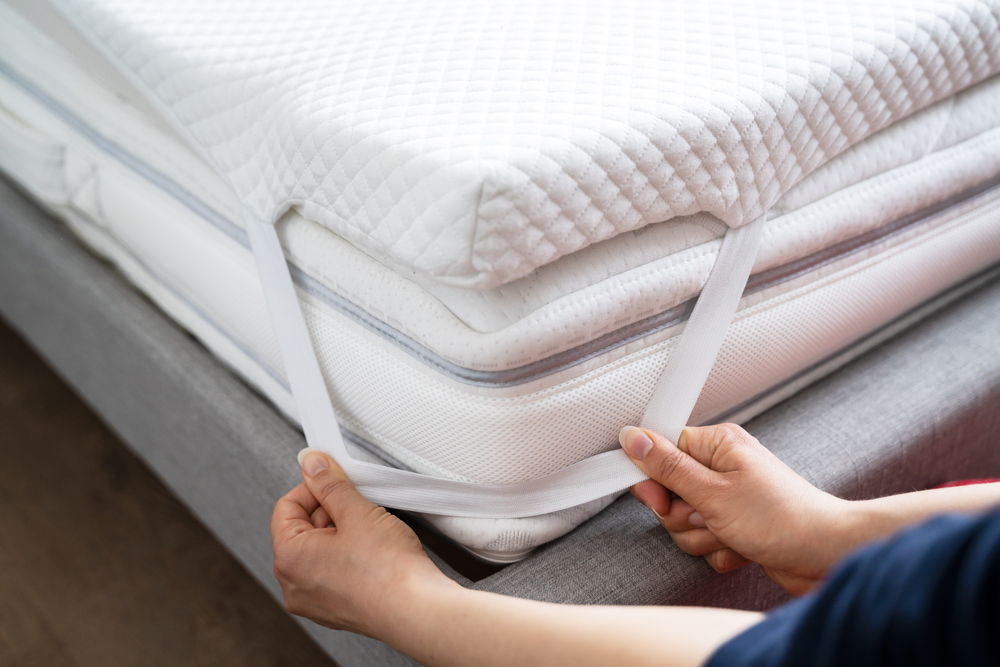
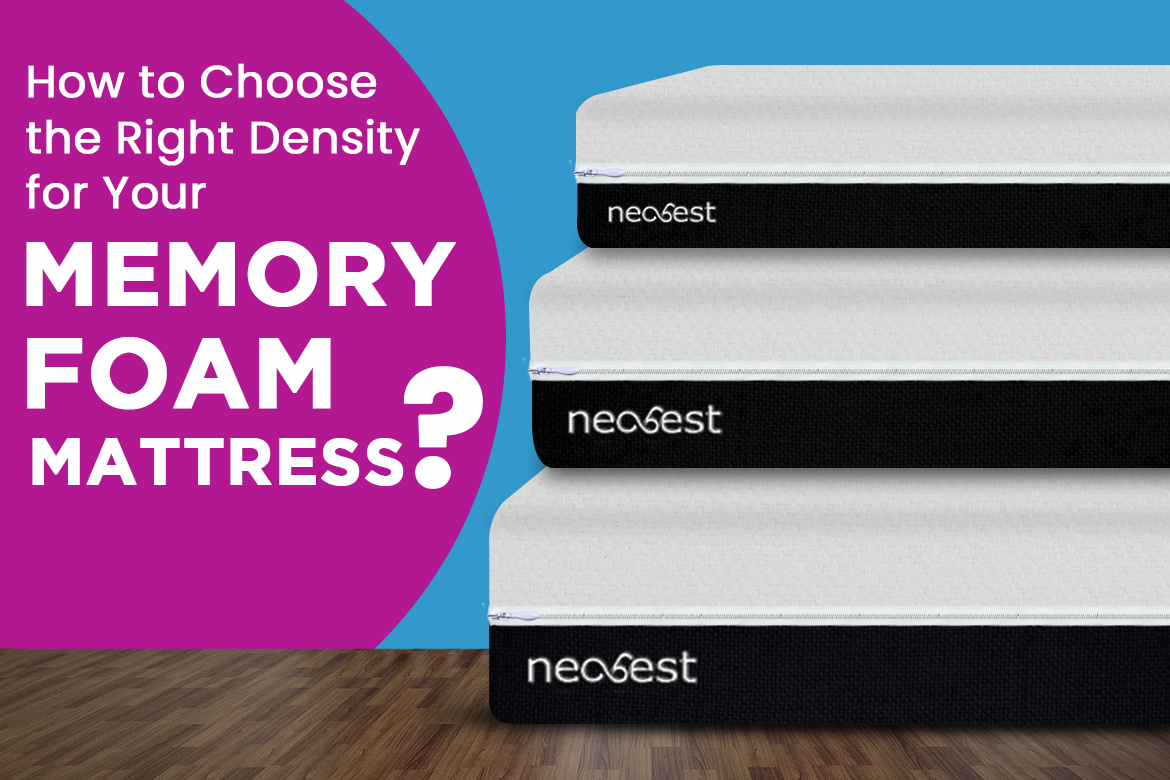
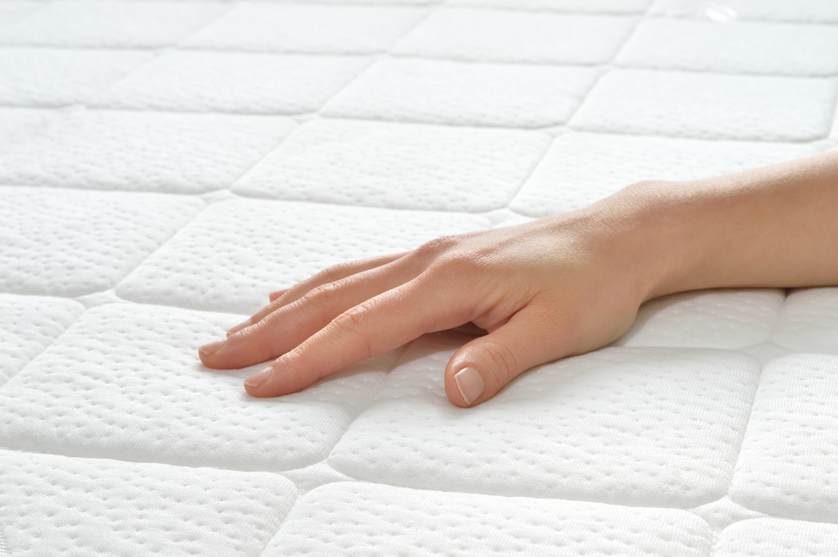
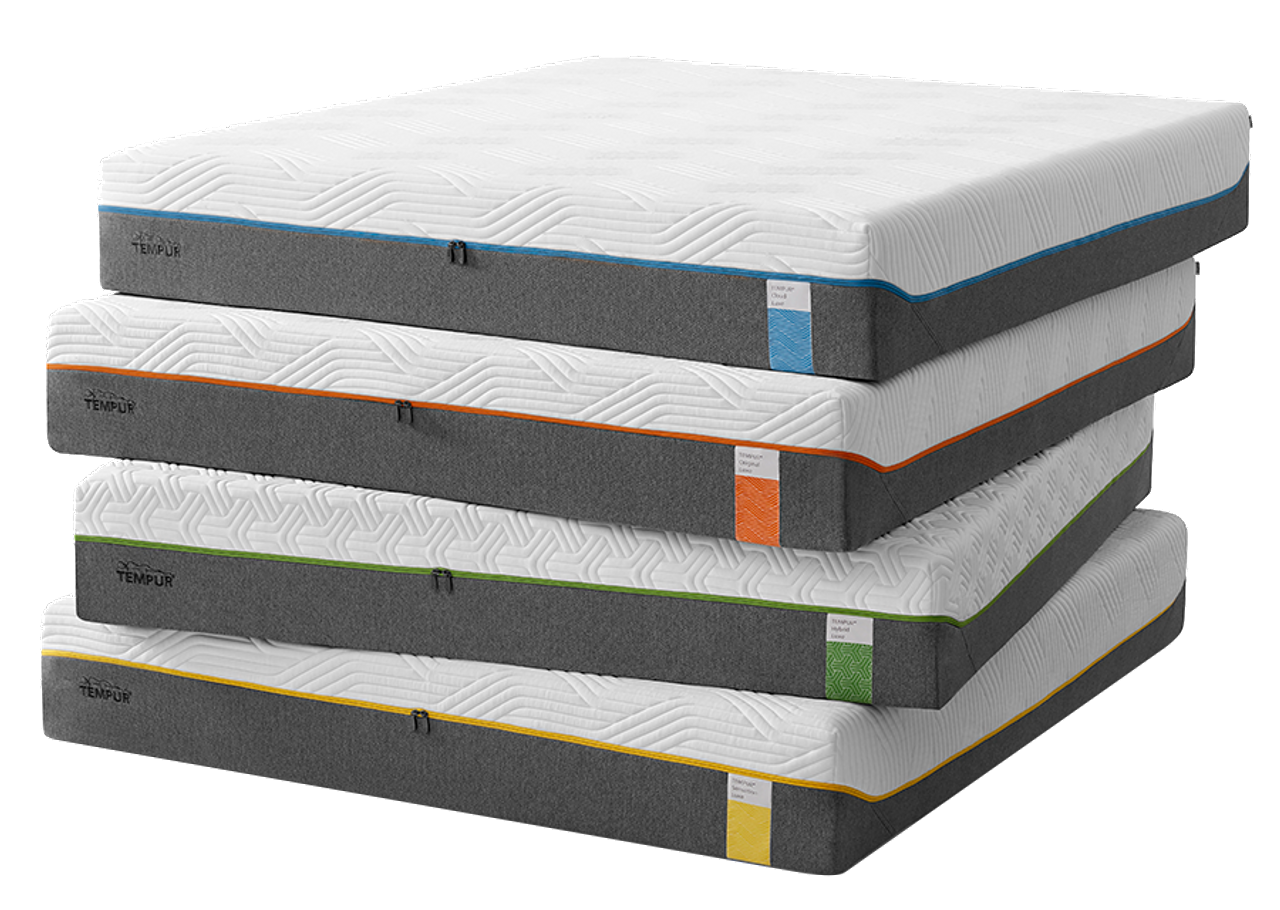
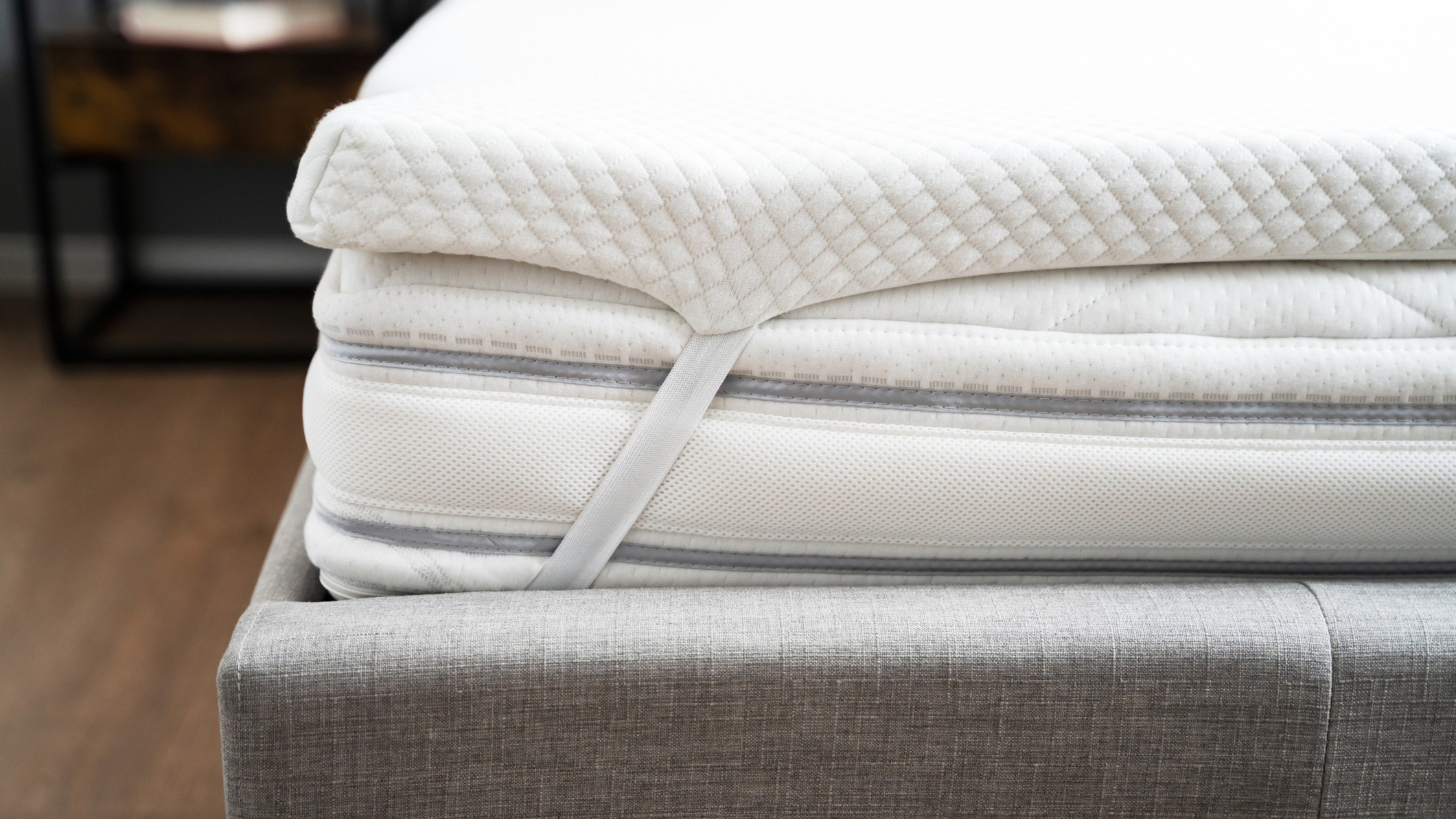



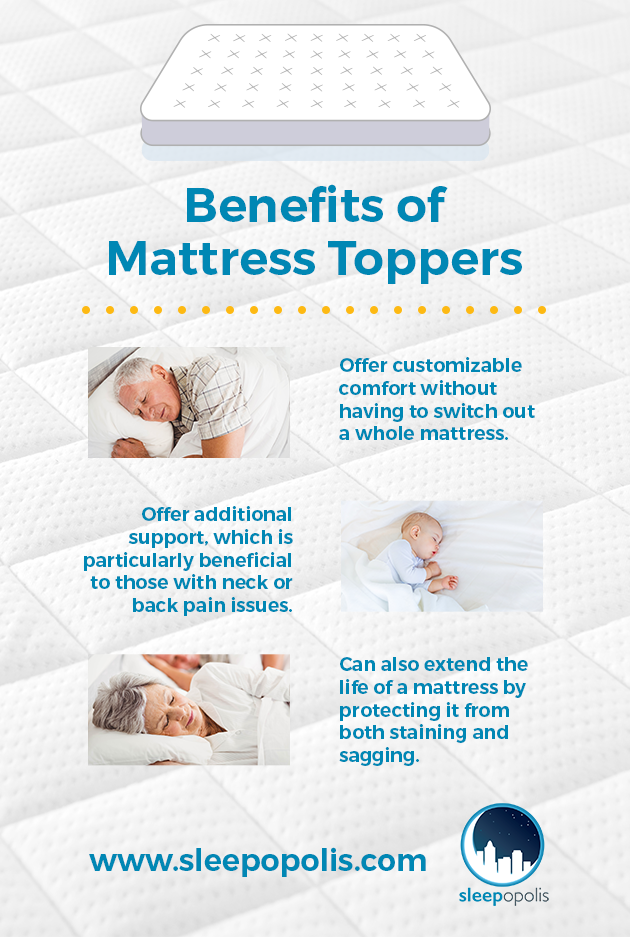
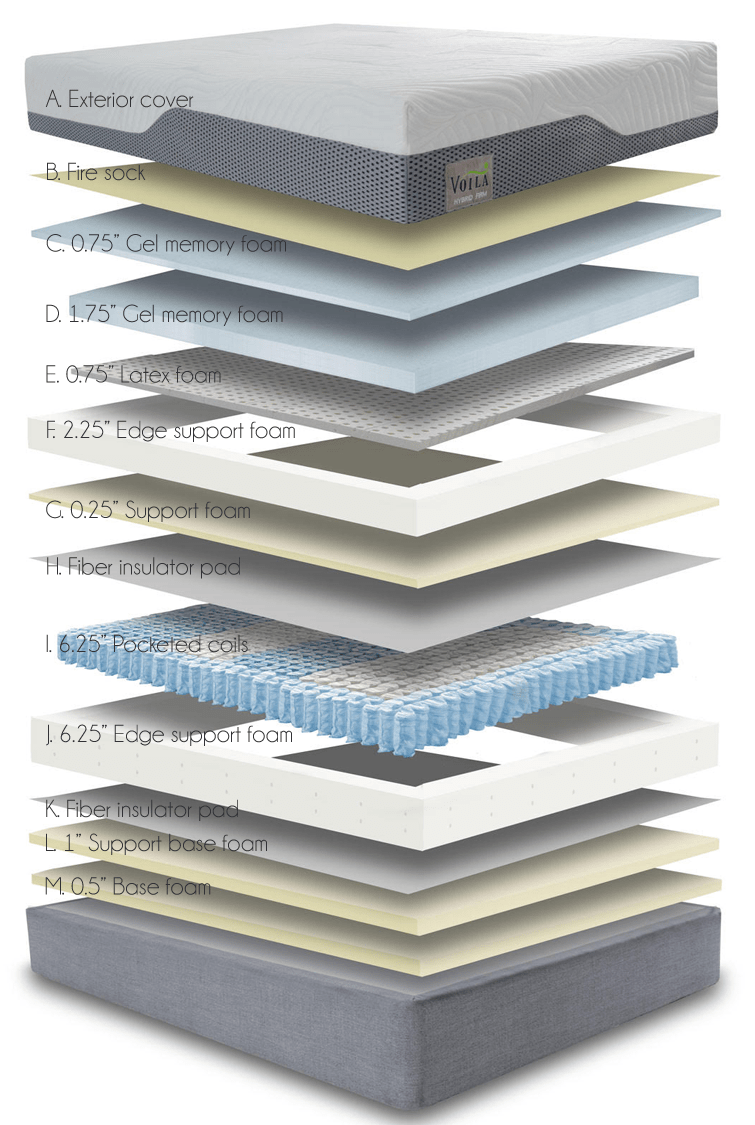

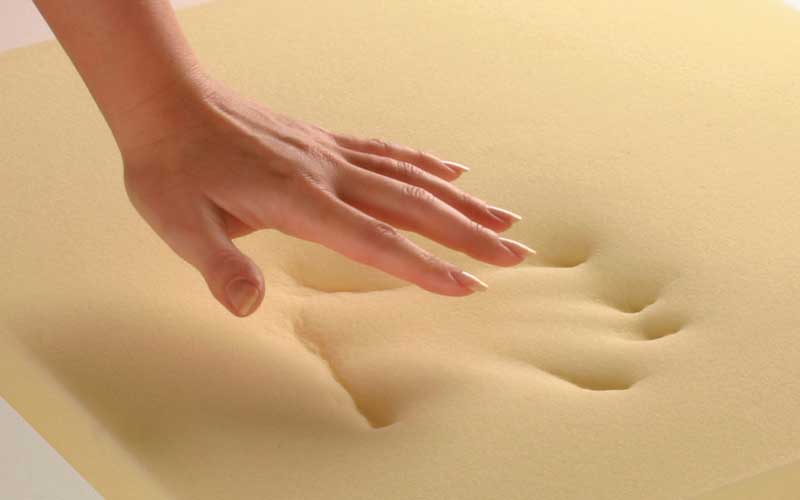

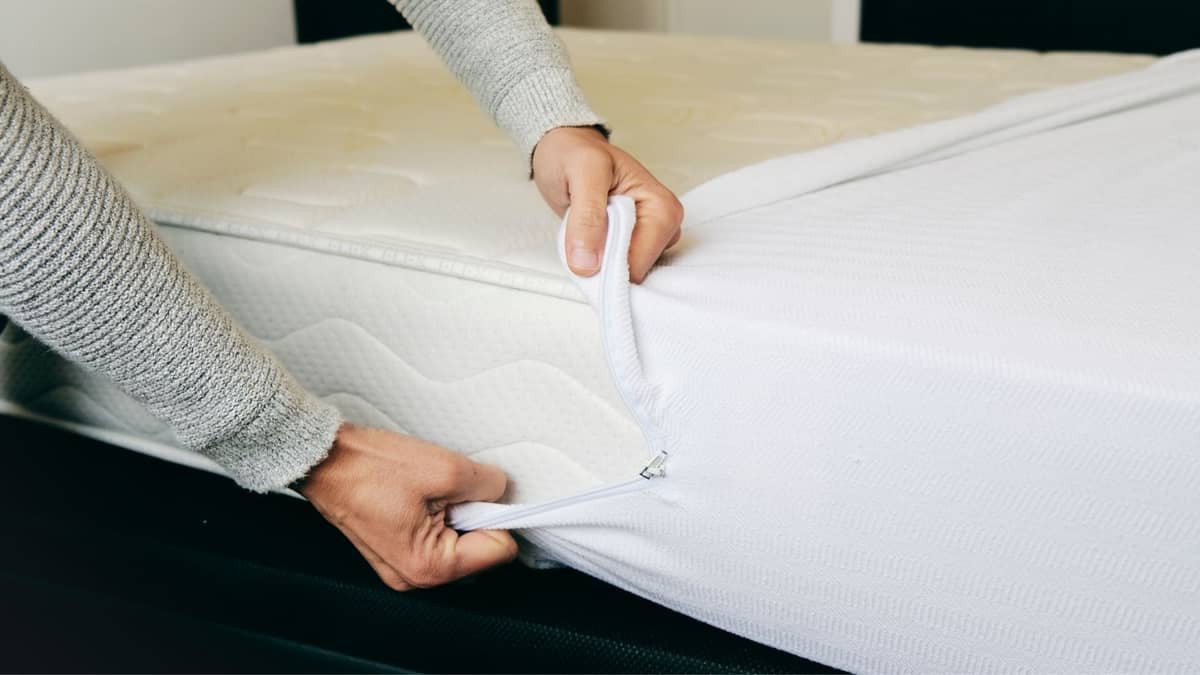

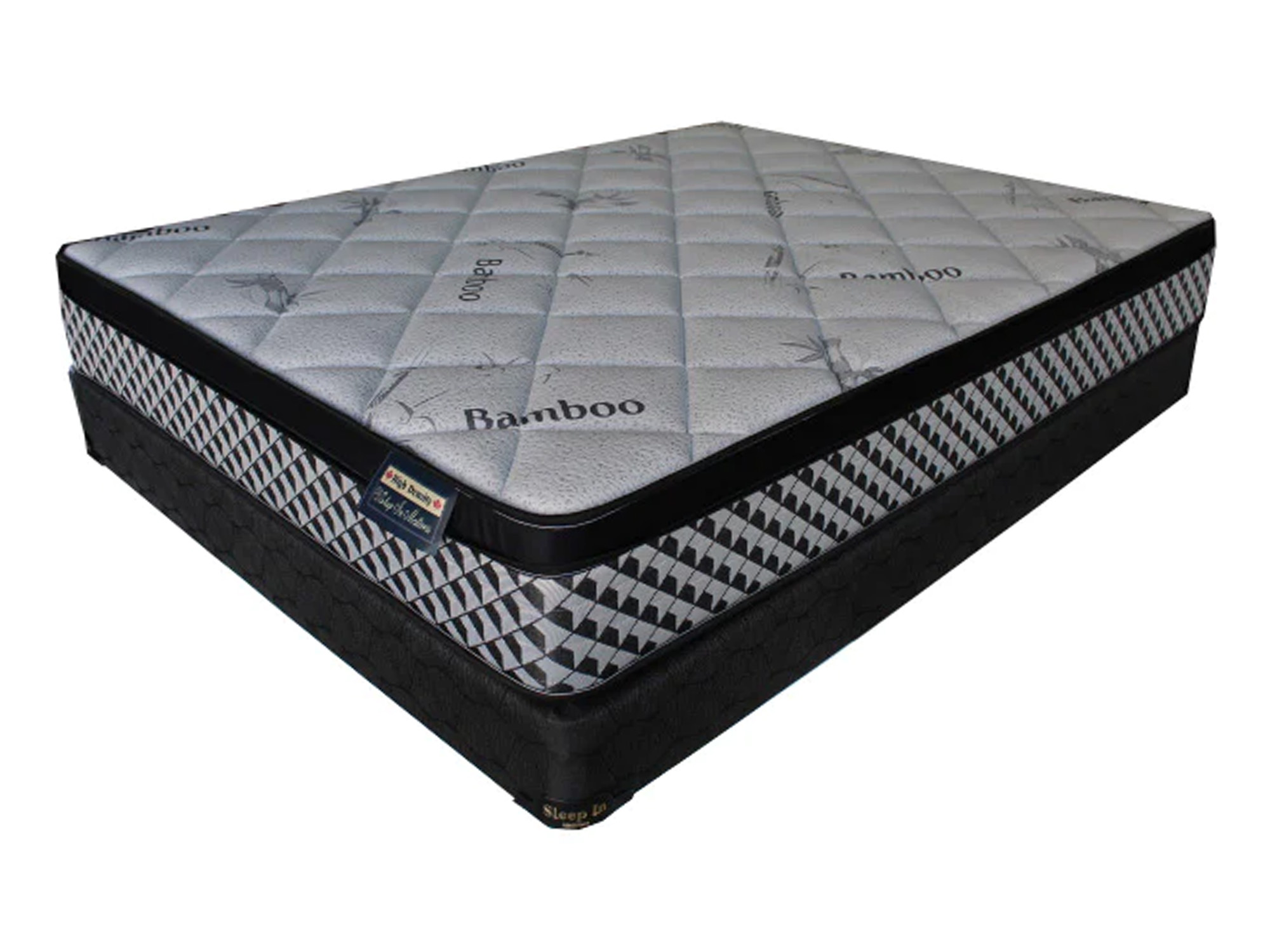



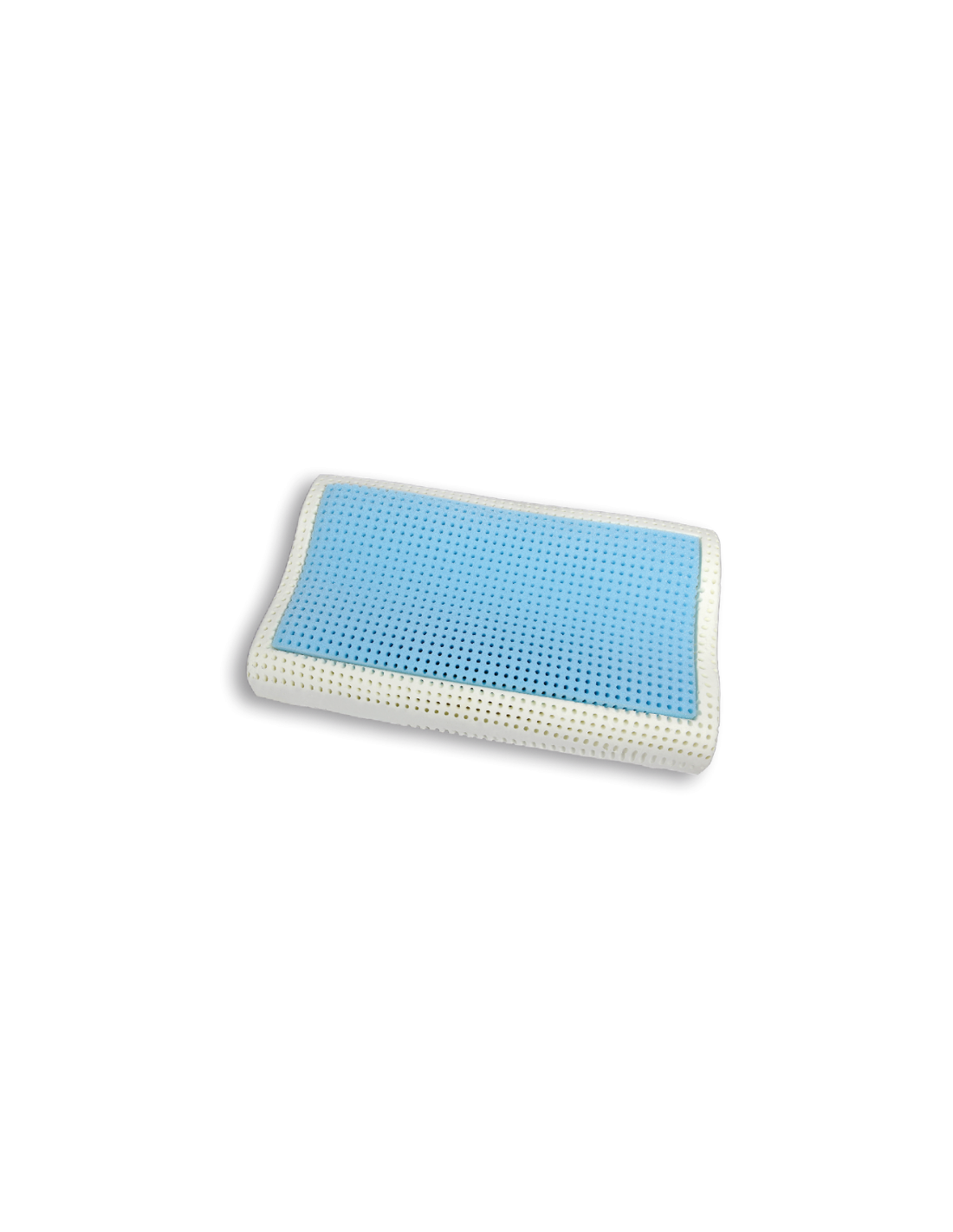


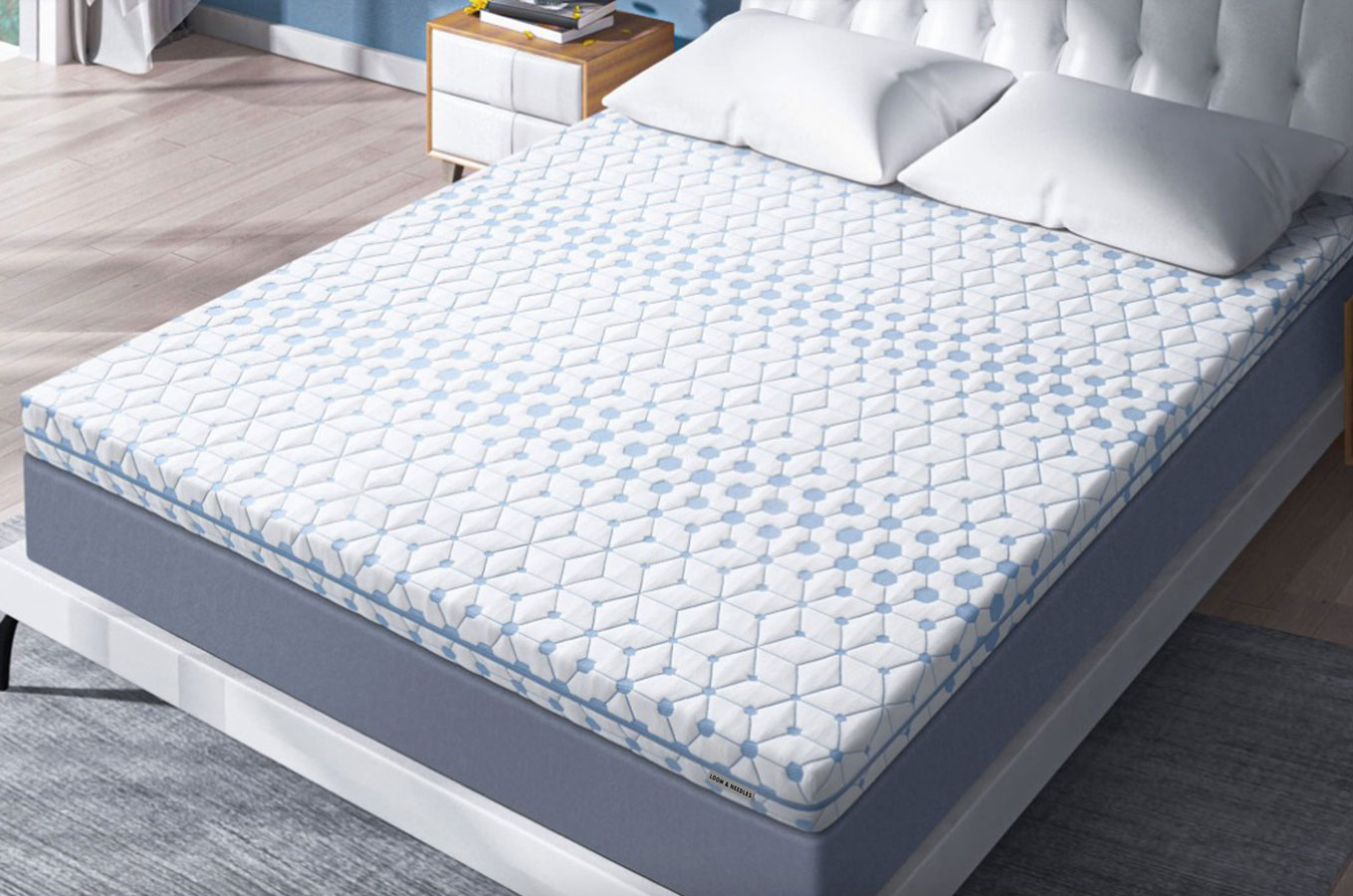


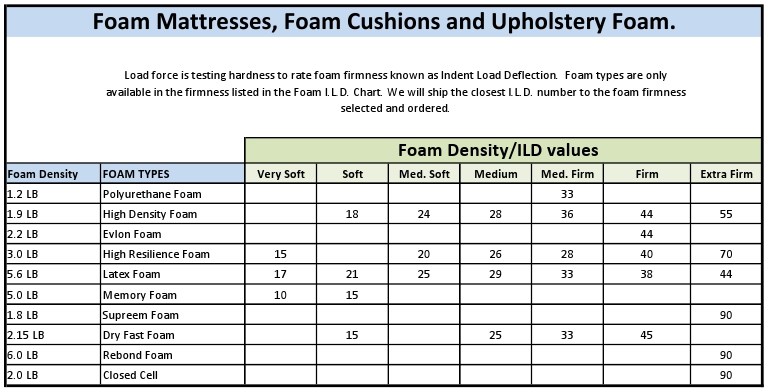
:max_bytes(150000):strip_icc()/_hero_4109254-feathertop-5c7d415346e0fb0001a5f085.jpg)














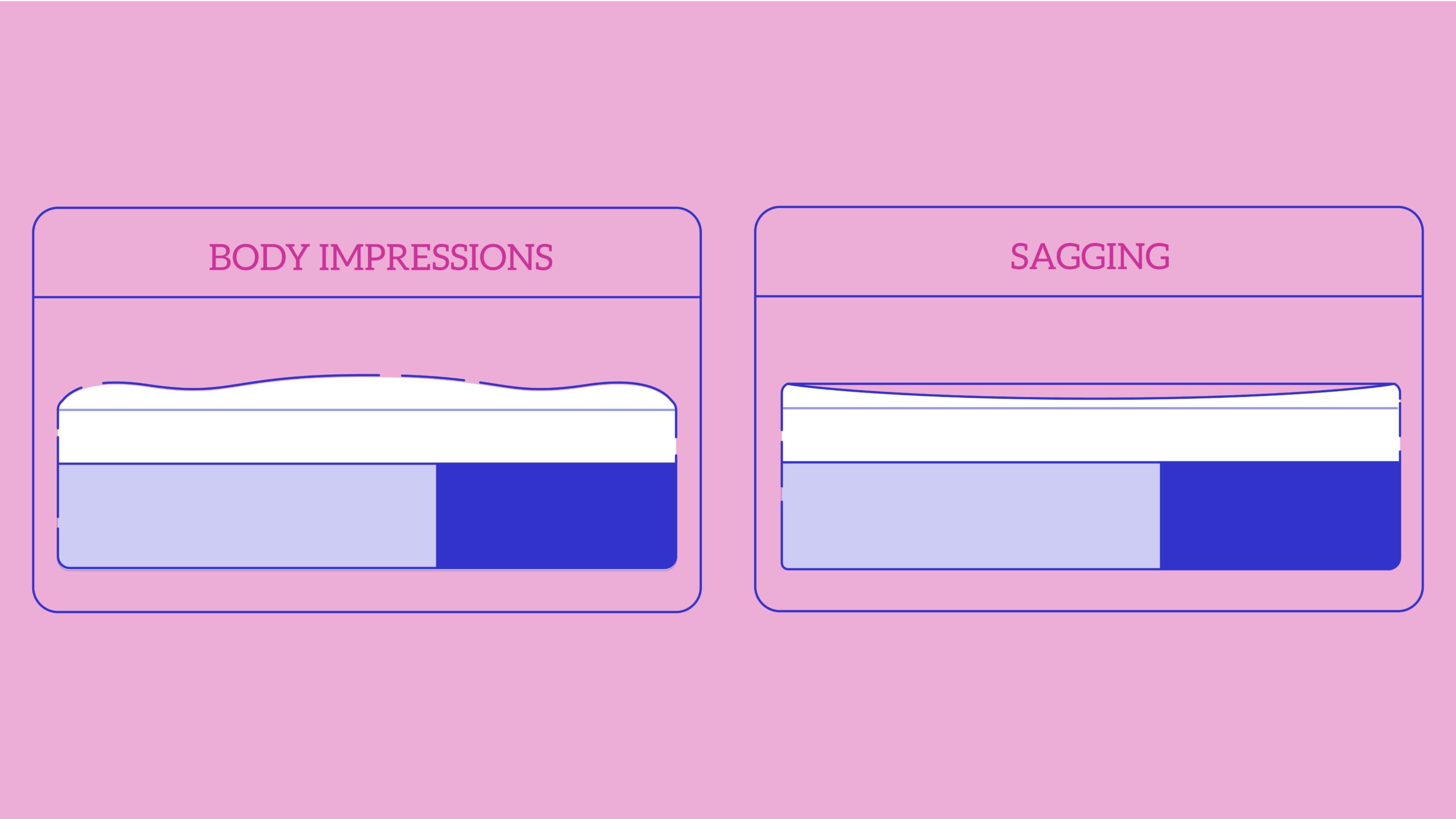
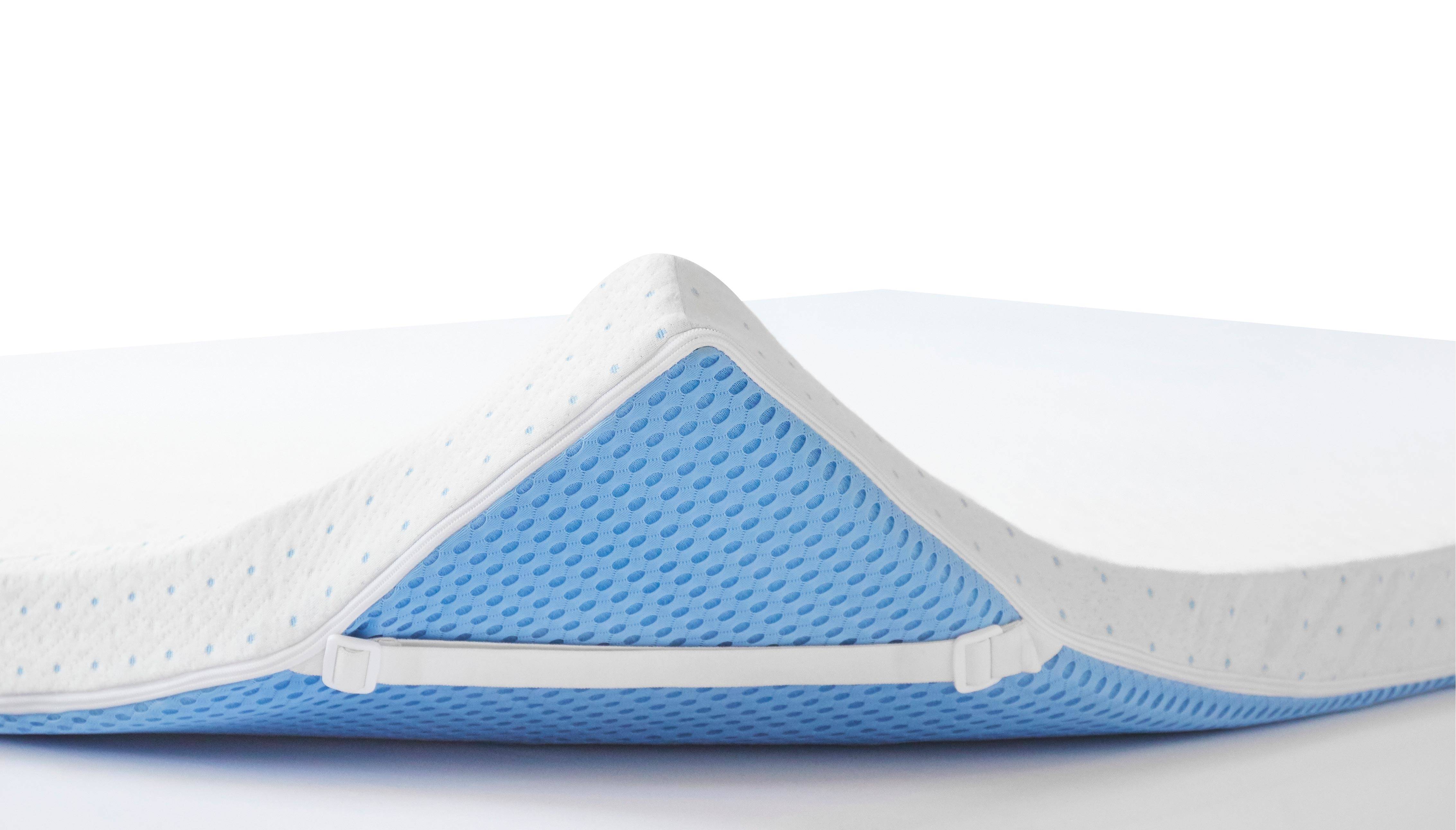



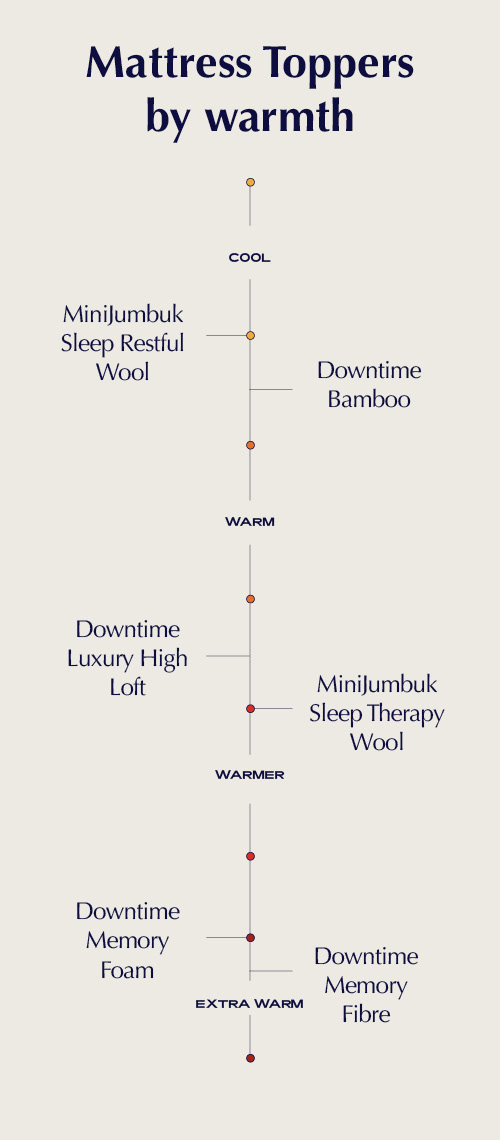




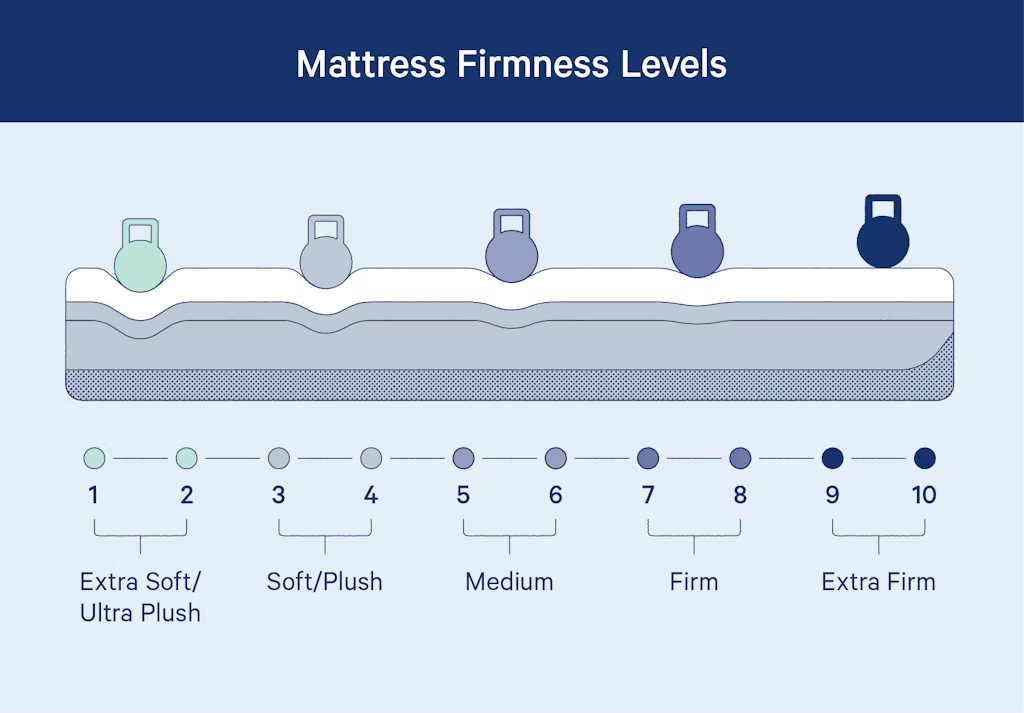



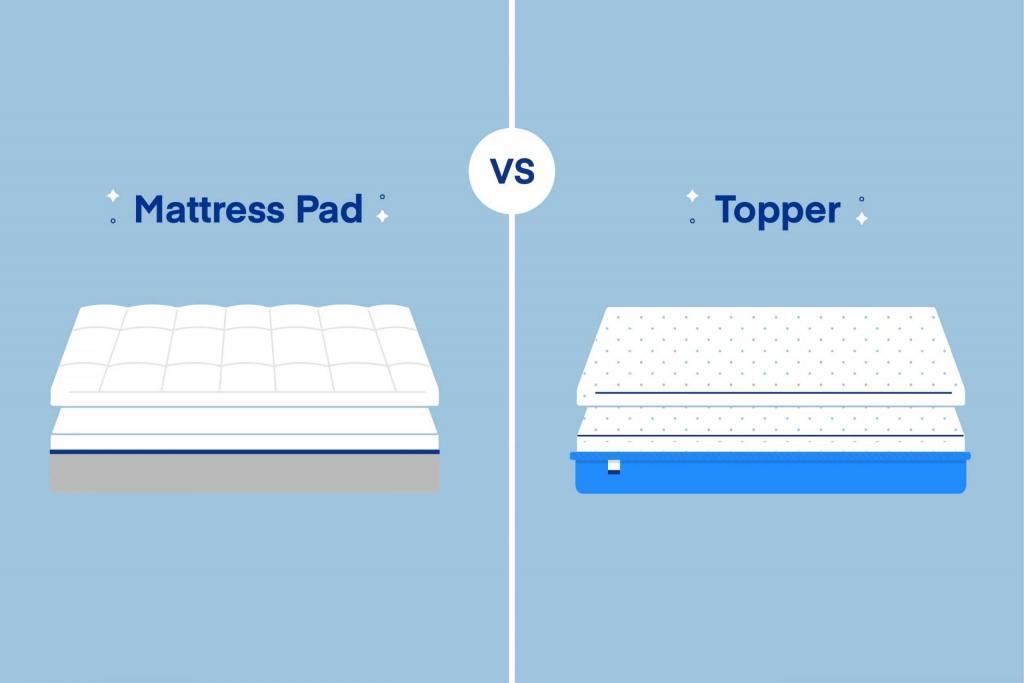
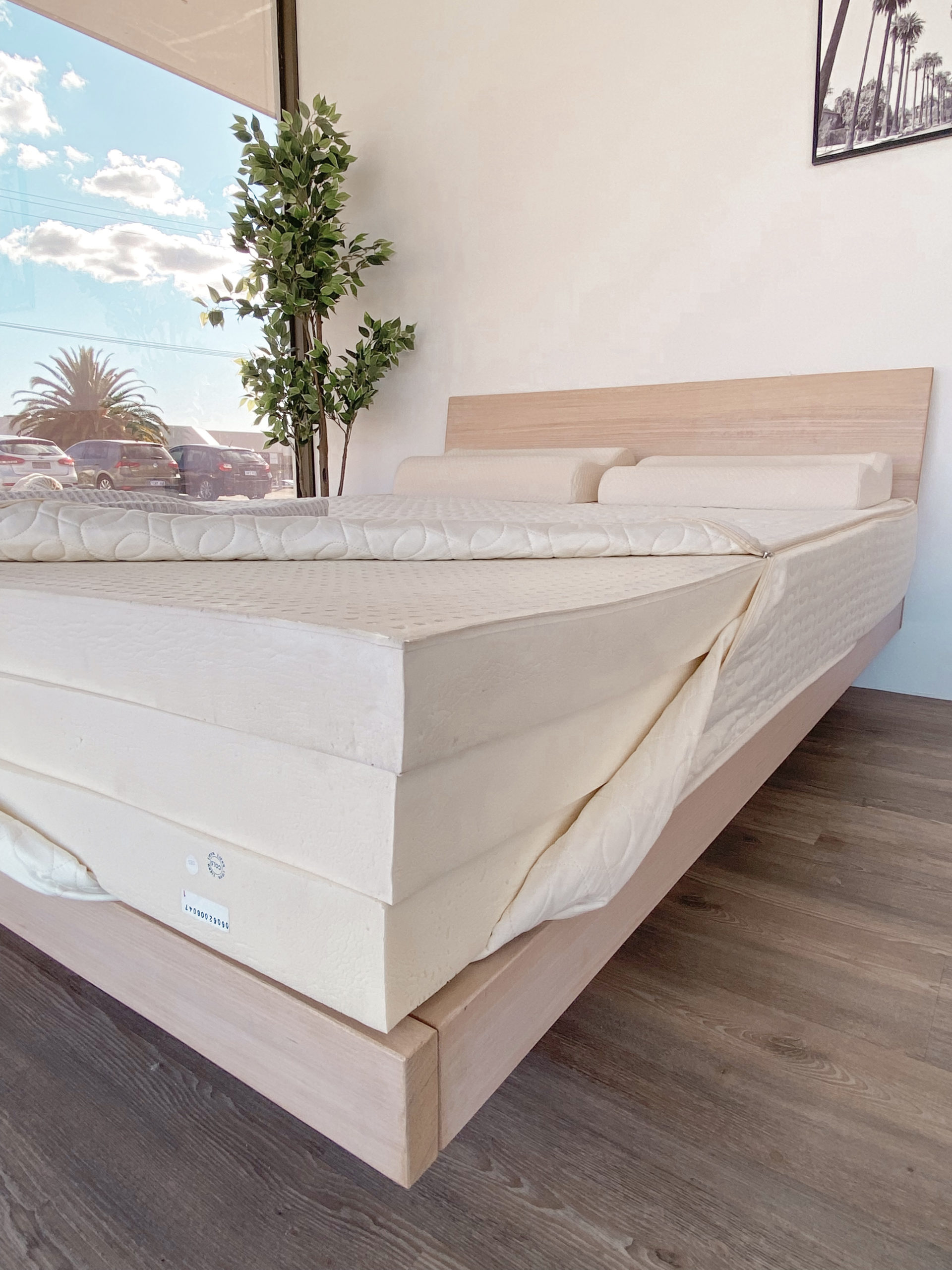


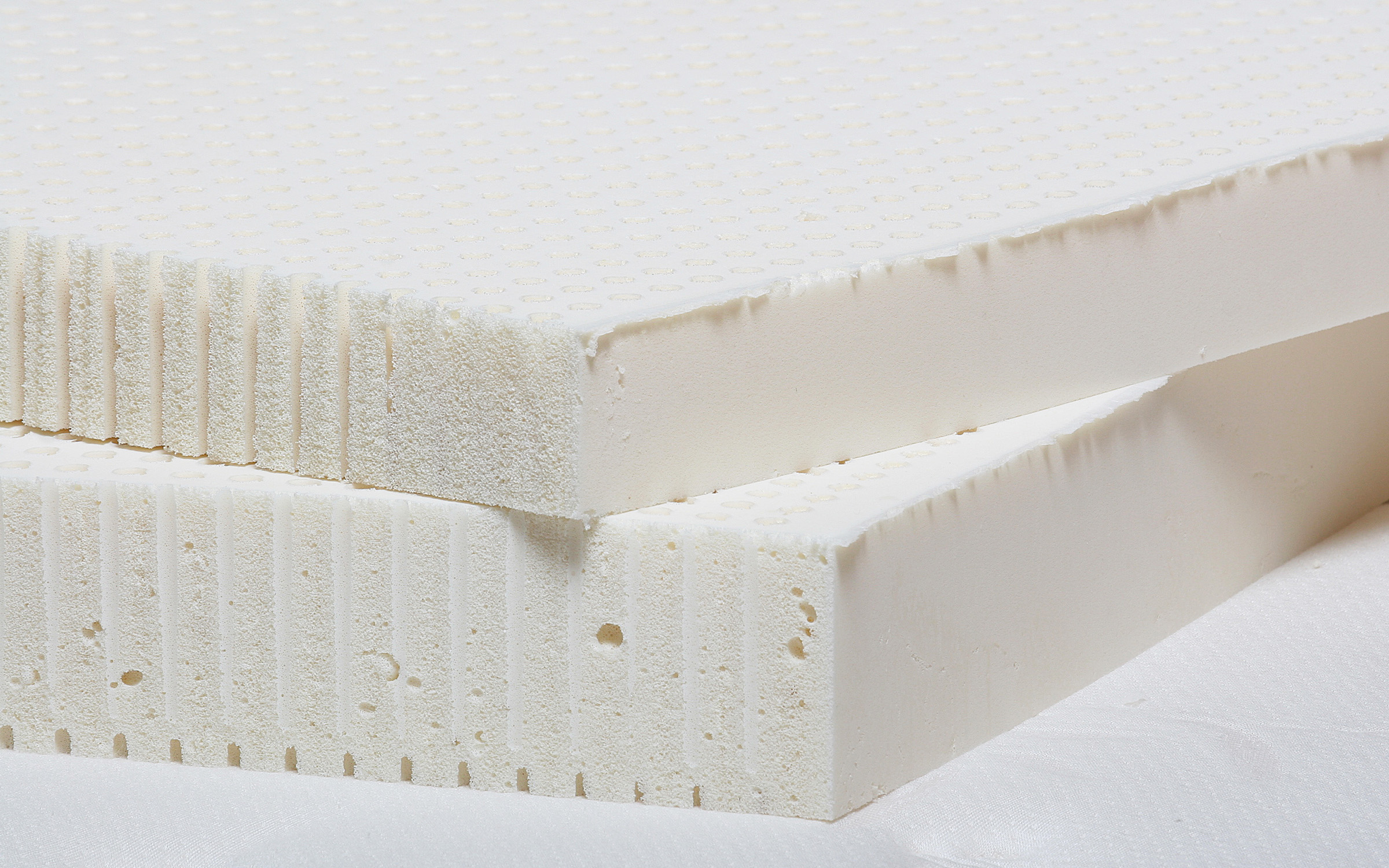



:max_bytes(150000):strip_icc()/SleeponLatex-b287d38f89374e4685ab0522b2fe1929.jpeg)
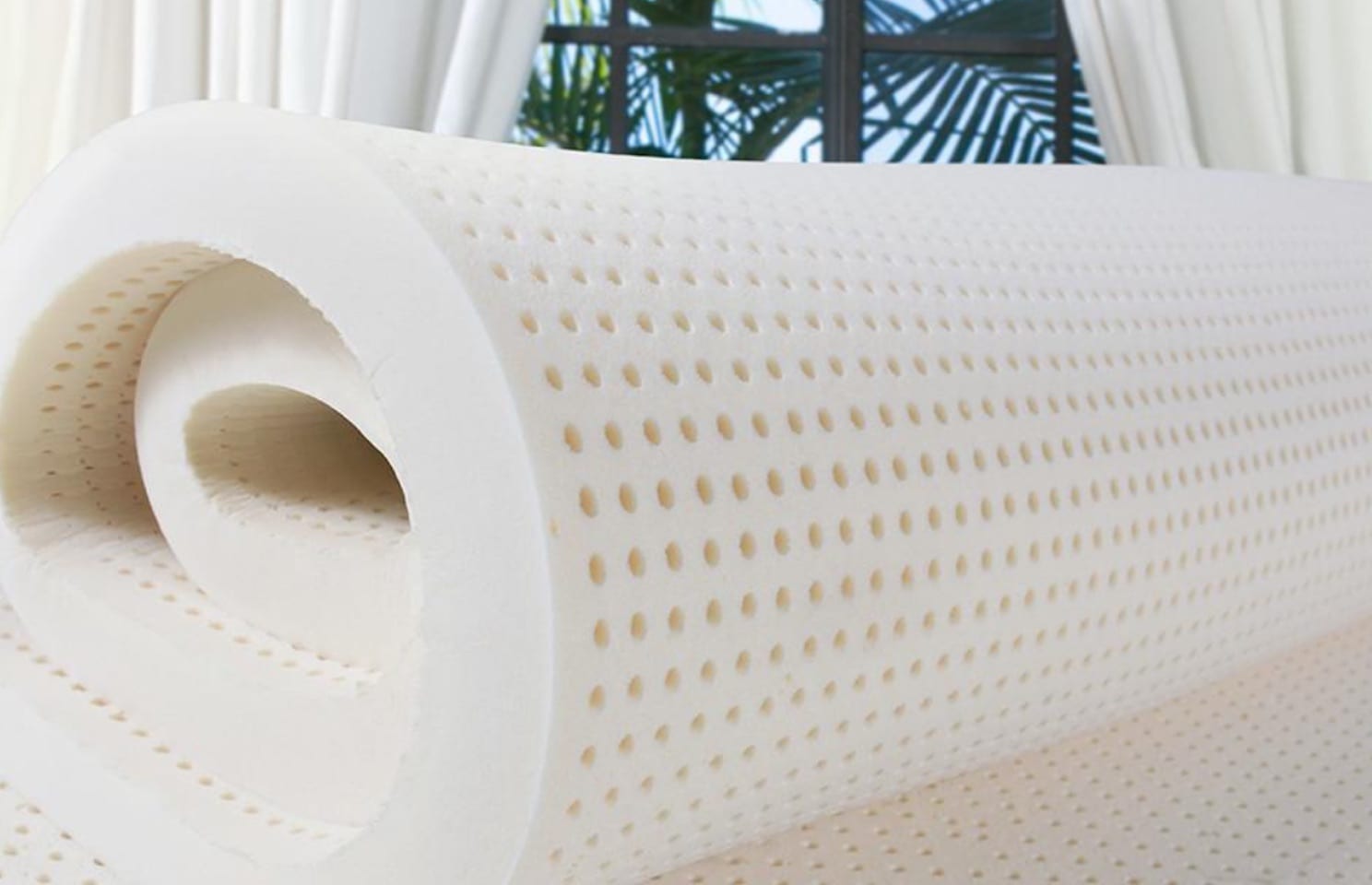


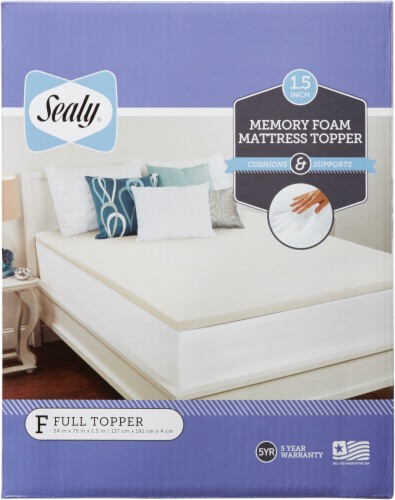


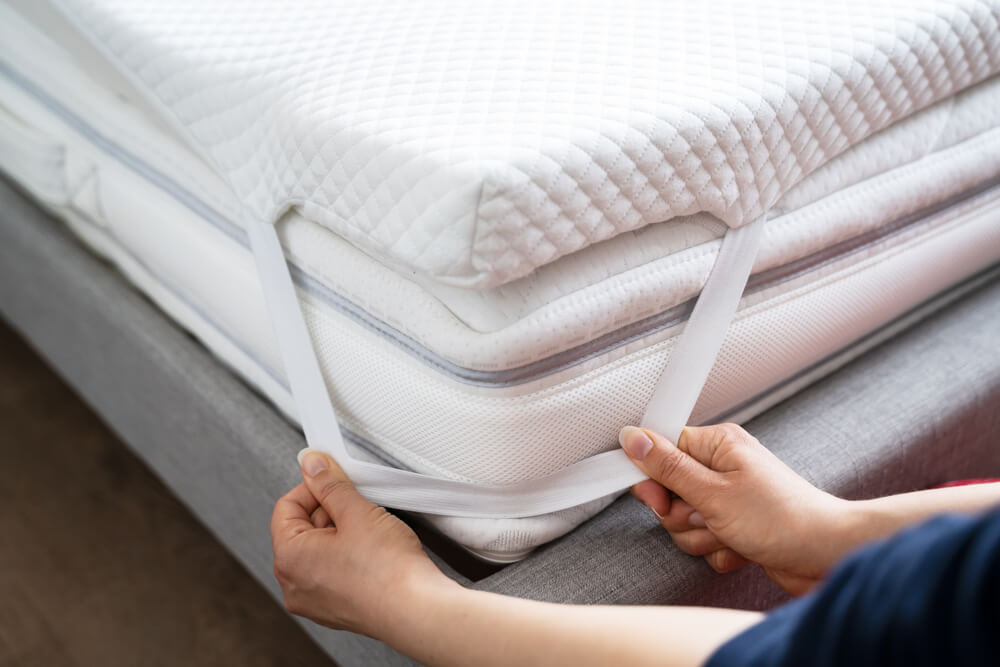
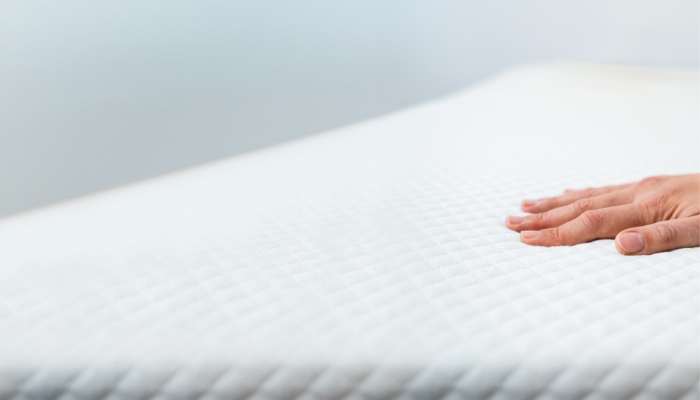




:max_bytes(150000):strip_icc()/Grand-Pacific-Norwegian-Gem-5c69e00b46e0fb0001917213.jpg)

:max_bytes(150000):strip_icc()/DesignbyEmilyHendersonDesign_PhotobySaraLigorria-Tramp_MountainHouse3-e157fd31ca384a86acc2762f12530229.jpg)

